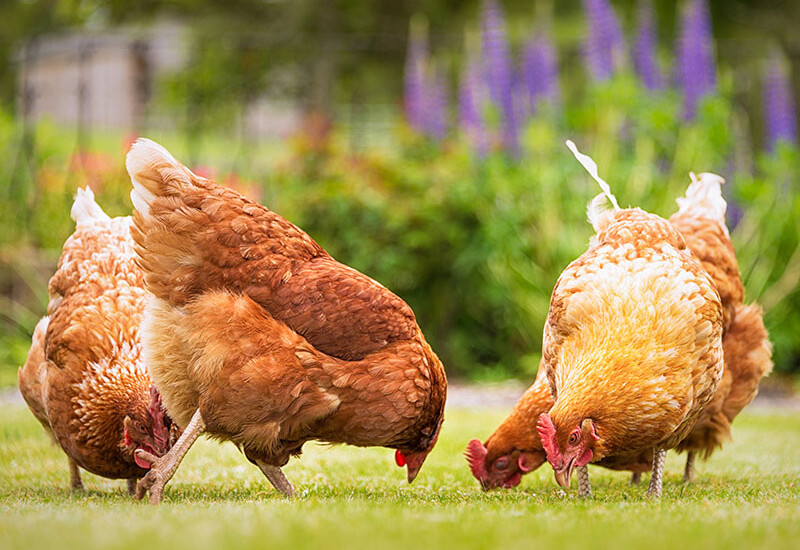Notice from Public Health, HSE Dublin and North East
Padraig Conlon 15 Nov 2023
Public Health, HSE Dublin and North East say they are reminding people not to handle or touch sick or dead wild birds to protect themselves from Avian Influenza (Bird Flu).
Avian Influenza commonly known as bird flu, is a notifiable animal disease and is a highly contagious viral disease affecting the respiratory, digestive and/or nervous system of many species of birds.
It can also pose a threat to people and other animals in certain circumstances, but these types of infections are rare.
Properly cooked poultry meat and eggs do not pose any food safety risk.
As the festive season approaches, we are urging poultry farmers and the public to be vigilant and to report any dead or dying wild birds they may find and it is vital that poultry keepers and flock owners maintain the highest standards of biosecurity to protect their birds, according to Consultant in Public Health Medicine, Public Health HSE Dublin and North-East, Dr Keith Ian Quintyne.
“No outbreaks have been reported to Public Health HSE Dublin and North East since the start of the flu season for 2023/2024.
“As compared to two outbreaks in poultry farms last season, however it is too early to say whether there would be fewer cases over the rest of the winter.
“Last year, Ireland similar to other countries in EU/EEA recorded multiple cases in wild/migratory birds, leading the Department of Agriculture, Food and the Marine to order all poultry flocks indoors to prevent contamination from infected wild birds. The restriction was only lifted in April of this year,” added Dr Quintyne.
What should I do if I find a dead wild bird?
It is important to remember that the vast majority of wild bird deaths in Ireland will not be related to Avian Influenza, based on information from surveillance activities.
However, you should follow routine precautions to prevent any other risks to your health, by following the advice below:
- Do not pick up or touch sick, dying or dead poultry or wild birds, and keep any pets away from them
- Avoid contact with surfaces contaminated with bird faeces
- Avoid untreated bird feathers (such as those found in the environment) and other bird waste
- Maintain good personal hygiene with regular wash hands with soap and water or to clean your hands with alcohol-based hand gel
- Clean and disinfect your footwear if you come in contact with areas where dead birds are found
- If you find dead waterfowl (ducks, geese or swans) or other dead wild birds, you should report them to the local Regional Veterinary Office or contact the Avian Influenza Hotline at 01 607 2512
For further information, visit: https://www.hpsc.ie/a-z/respiratory/influenza/avianinfluenza/











